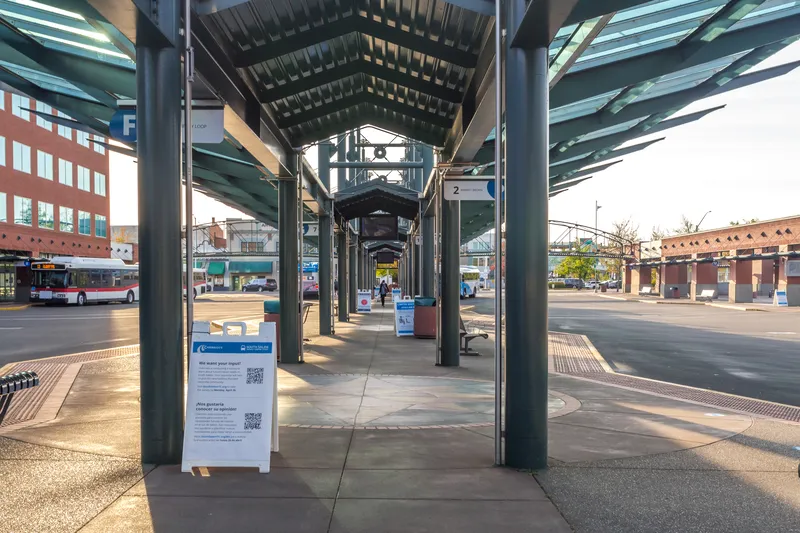The latest report from management consultants Arthur D. Little’s, Riding the Mobile Ticketing Wave, highlights the benefits of mobile ticketing technologies and outlines five strategic questions that a mobile ticketing partnership should address.
These are: Who will have the leading role in the mobile ticketing partnership network; Is the transport operator ready to invest in spite of uncertain business case projections; Are new mobile ticketing systems future proof or will they be overtaken by another innovation; Who will achieve which part of the overall value creation; and how can a transport operator reap operational benefits and upside potentials from adjacent services.
In today’s era of increasing mobility, multi-modal transport platforms are increasing in importance and passengers are expecting more convenient ticketing options. Airlines have already embraced mobile boarding passes and are now taking further steps towards NFC (Near-Field Communication) smartphone-enabled ticketing services. Railway and bus operators have also begun to introduce NFC-enabled, mobile ticketing services and are even moving towards digital multimodal mobility assistants (DMMAs). Recently, the London bus operator even went all the way to not accept cash anymore, only ticket payments via (NFC) cards.
Market forecasts continue to project rapid uptake of NFC mobile ticketing services. However for the breakthrough to happen, players from the transport, telecom and manufacturer industries need to partner. Only trusted partnerships can implement modern mobile ticketing solutions to benefit of the increasing number of travellers.
“Mobile ticketing services offer customer benefits such as faster ticket purchase and validation. That is why transport operators worldwide implement modern NFC mobile ticketing services in addition to established paper, smart card, 2D-barcode and other ticketing forms. Transport operators, telecom players and manufacturers need to establish partnerships and take well-founded decisions to achieve this ambition” states Karim Taga, global head of Arthur D. Little’s TIME practice.
“Airline and railway operators should grasp the opportunities new mobile ticketing services offer to provide increasing traveller numbers with a higher ease-of-use to manage their multi-modal journeys. They have the expertise to implement mobile ticketing services into already complex transport and ticketing landscapes.” adds Ralf Baron, global head of Arthur D. Little’s Travel and Transportation practice.
Report highlights benefits of mobile ticketing
The latest report from management consultants Arthur D. Little’s, Riding the Mobile Ticketing Wave, highlights the benefits of mobile ticketing technologies and outlines five strategic questions that a mobile ticketing partnership should address.
These are: Who will have the leading role in the mobile ticketing partnership network; Is the transport operator ready to invest in spite of uncertain business case projections; Are new mobile ticketing systems future proof or will they be overtaken by another i
August 11, 2014
Read time: 2 mins










